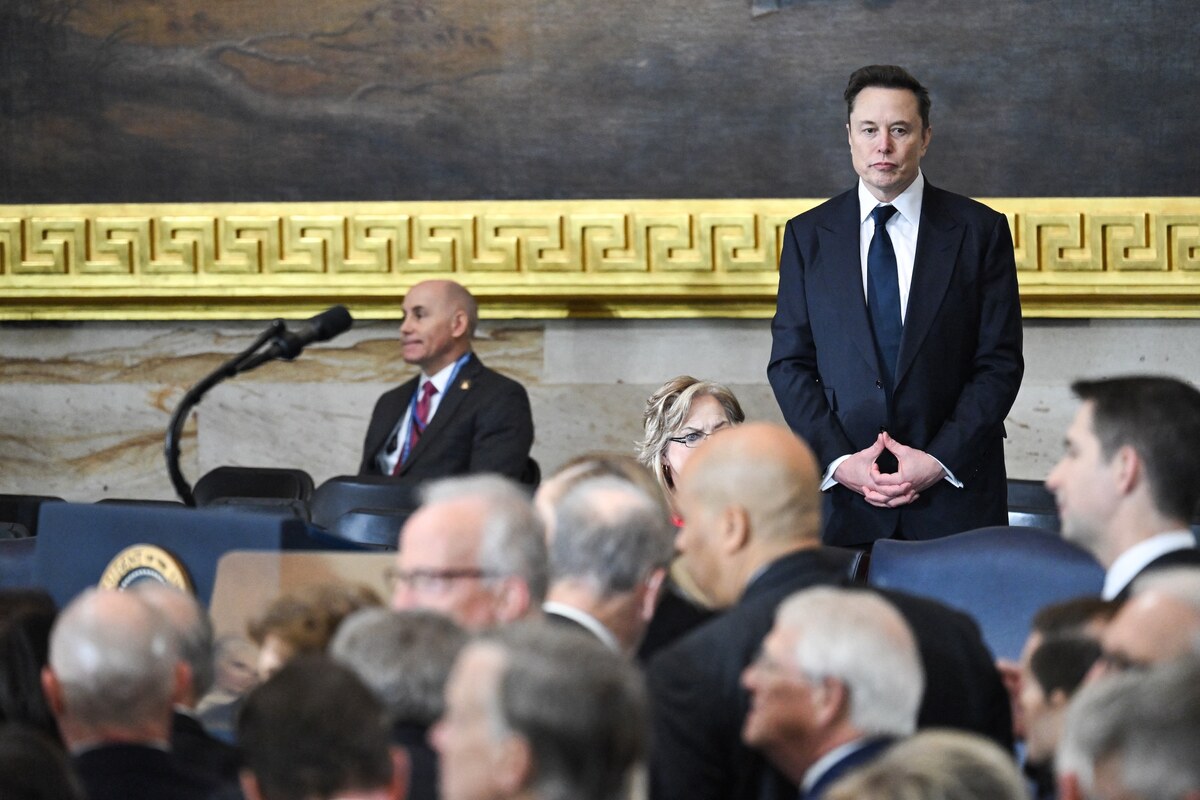LONDON/CHICAGO: Scientists studying the new mpox strain that has spread out of Democratic Republic of Congo say the virus is changing faster than expected and often in areas where experts lack the funding and equipment to properly track it.
That means there are multiple unknowns about the virus itself, its severity and how it is transmitting, complicating the response, half a dozen scientists in Africa, Europe and the United States told Reuters.
Mpox, formerly known as monkeypox, has been a public health problem in parts of Africa since 1970, but received little global attention until it surged internationally in 2022, prompting the World Health Organization to declare a global health emergency. That declaration ended 10 months later.
A new strain of the virus, known as clade Ib, has the world’s attention again after the WHO declared a new health emergency.
The strain is a mutated version of clade I, a form of mpox spread by contact with infected animals that has been endemic in Congo for decades. Mpox typically causes flu-like symptoms and pus-filled lesions and can kill.
Congo has had more than 18,000 suspected clade I and clade Ib mpox cases and 615 deaths this year, according to the WHO. There have also been 222 confirmed clade Ib cases in four African countries in the last month, plus a case each in Sweden and Thailand in people with a travel history in Africa.
“I worry that in Africa, we are working blindly,” said Dr. Dimie Ogoina, an infectious diseases expert at Niger Delta University Hospital in Nigeria who chairs the WHO’s mpox emergency committee. He first raised the alarm about potential sexual transmission of mpox in 2017, now an accepted route of spread for the virus.
“We don’t understand our outbreak very well, and if we don’t understand our outbreak very well we will have difficulty addressing the problem in terms of transmission dynamics, the severity of the disease, risk factors of the disease,” Ogoina said. “And I worry about the fact that the virus seems to be mutating and producing new strains.”
He said it took clade IIb in Nigeria five years or more to evolve enough for sustained spread among humans, sparking the 2022 global outbreak. Clade Ib has done the same thing in less than a year.
Mutating ‘more rapidly’
Mpox is an orthopoxvirus, the same family that causes smallpox. Population-wide protection from a global vaccine campaign 50 years ago has waned, as the vaccinating stopped when the disease was eradicated.
Genetic sequencing of clade Ib infections, which the WHO estimates emerged mid-September 2023, show they carry a mutation known as APOBEC3, a signature of adaptation in humans.
The virus that causes mpox has typically been fairly stable and slow to mutate, but APOBEC-driven mutations can accelerate viral evolution, said Dr. Miguel Paredes, who is studying the evolution of mpox and other viruses at Fred Hutchison Cancer Center in Seattle.
“All the human-to-human cases of mpox have this APOBEC signature of mutations, which means that it’s mutating a little bit more rapidly than we would expect,” he said.
Paredes and other scientists said a response was complicated by several mpox outbreaks happening at once.
In the past, mpox was predominantly acquired through human contact with infected animals. That is still driving a rise in Congo in clade I cases – also known as clade Ia — likely due in part to deforestation and increased consumption of bushmeat, scientists said.
The mutated versions, clade Ib and IIb, can now essentially be considered a sexually transmitted disease, said Dr. Salim Abdool Karim, a South African epidemiologist and chair of the Africa CDC’s mpox advisory committee. Most of the mutated clade Ib cases are among adults, driven at first by an epidemic among female sex workers in South Kivu, Congo.
The virus also can spread through close contact with an infected person, which is likely how clusters of children have been infected with clade Ib, particularly in Burundi and in eastern Congo’s displacement camps, where crowded living conditions may be contributing.
Children, pregnant women and people with weakened immune systems may be at greater risk of serious mpox disease and death, according to the WHO.
Clade I has typically caused more severe disease, with fatality rates of 4 percent-11 percent, compared to around 1 percent for clade II. Ogoina said data from Congo suggests few have died of the new Ib version, but he feared some data is being mixed up.
More research is urgently needed, but three teams tracking mpox outbreaks in Africa say they cannot even access chemicals needed for diagnostic tests.
Planning a response, including vaccination strategies, without this is difficult, the scientists said.
Karim said around half of cases in eastern Congo, where Ib is particularly prevalent, are only being diagnosed by doctors, with no laboratory confirmation.
Getting samples to labs is difficult because the health care system is already under pressure, he said. And around 750,000 people have been displaced amid fighting between the M23 rebel group and the government.
Many African laboratories cannot get the supplies they need, said Dr. Emmanuel Nakoune, an mpox expert at the Institut Pasteur in Bangui, Central African Republic, which also has clade Ia cases.
“This is not a luxury,” he said, but necessary to track deadly outbreaks.
New mpox strain is changing fast; African scientists are ‘working blindly’ to respond
https://arab.news/wz67j
New mpox strain is changing fast; African scientists are ‘working blindly’ to respond

- Scientists say many questions remain about new clade Ib strain
- Sexual transmission driving spread, but children infected, too

























